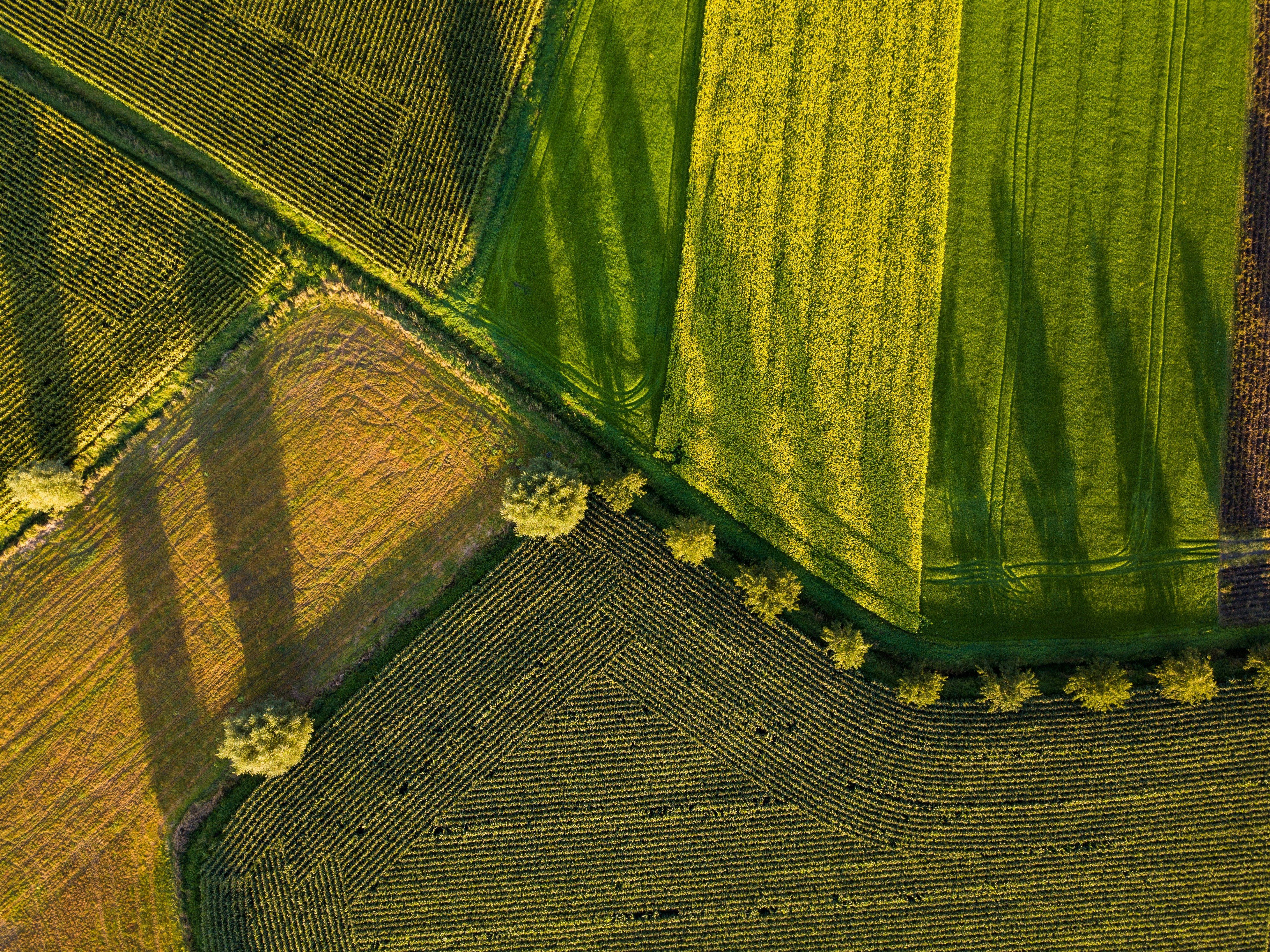Key Takeaways:
- AEGIS, led by Professor Eske Willerslev, has received significant funding to transform global cropping systems and develop resilient crops.
- The project, funded by the Novo Nordisk Foundation and the Wellcome Trust, aims to decode how ecosystems and crops have adapted to past environmental changes.
- By employing environmental DNA (eDNA) and ecosystem modeling, AEGIS seeks to enhance crop resilience and agroecosystem sustainability.
- A global hub of environmental genomics expertise will be established at the University of Copenhagen.
- The initiative aligns with the Nagoya Protocol, ensuring fair and equitable sharing of benefits from genetic resources.
Groundbreaking AEGIS Initiative Receives Major Funding to Advance Agricultural Resilience
In an era where climate change poses a critical threat to biodiversity and agricultural productivity, a pioneering research project led by evolutionary geneticist Professor Eske Willerslev aims to transform future global cropping systems. Utilizing environmental DNA (eDNA), AEGIS sets out to develop resilient crops capable of withstanding the impacts of climate change.
Significant Funding for AEGIS
The Novo Nordisk Foundation has awarded AEGIS a grant of up to DKK 500 million over seven years, with an additional DKK 85 million provided by the Wellcome Trust. This substantial funding will support the initiative's efforts to decode and understand how ecosystems and crops have responded and adapted to past environmental perturbations. The goal is to create a more sustainable future by enhancing crop resilience and agroecosystem sustainability.
“Understanding how entire ecosystems and individual species function and have adapted to environmental challenges over the course of millennia will enable the creation of new resilient crops that can withstand and mitigate climate change,” said Mads Krogsgaard Thomsen, CEO of the Novo Nordisk Foundation. “AEGIS has the potential to break scientific barriers in a number of fields, while simultaneously revolutionizing plant breeding and increasing the resilience of agroecosystems in both the Global South and Global North.”
Building Evidence for Resilient Food Systems
The project aims to build an evidence base to strengthen the resilience of food systems globally in the face of future environmental changes. John-Arne Røttingen, CEO of the Wellcome Trust, elaborated, “Agricultural systems and the foods we grow have changed over millennia. We currently know very little about past ecosystems and what changes in biodiversity might have occurred as the environment changed. AEGIS hopes to build the evidence base needed to strengthen the resilience of food systems across the world in the face of future environmental changes.”
By employing ecosystem modeling, AEGIS will pinpoint which combinations of species led to the most durable ecosystems in the past. “This knowledge could serve as a blueprint for creating climate resilient food systems, enhancing both the crops we grow and the sustainability of the environments they grow in,” explained Professor Eske Willerslev.
Establishing a Global Hub for Environmental Genomics
As part of the initiative, a global hub of environmental genomics expertise will be established at the University of Copenhagen. Central to this hub is the data engine, a core unit dedicated to extracting and analyzing ancient eDNA from sediment cores. This will offer valuable insights into the Earth's agrarian history and the response of ecosystems to environmental changes over hundreds to millions of years.
The project will leverage expertise in bioinformatics, microbial ecology, plant breeding, and environmental genomics to push scientific frontiers and develop new approaches to designing stable and resilient agroecosystems. The ultimate goal is to provide a robust knowledge base and tools for the global community to advance agriculture in the face of climatic adversity.
Aligning with the Nagoya Protocol
AEGIS is committed to the principles of the Nagoya Protocol on Access and Benefit Sharing, which focuses on the fair and equitable sharing of benefits arising from the utilization of genetic resources. This commitment underscores the project's dedication to contributing to the conservation and sustainable use of biodiversity.
The Novo Nordisk Foundation anticipates that AEGIS will significantly enhance the understanding of agroecosystem functionalities from past environmental disturbances. The initiative aims to demonstrate proof-of-concept in key crops such as barley, wheat, and rice, ultimately revolutionizing plant breeding and agroecosystem resilience.
Photo by Yulian Alexeyev on Unsplash


